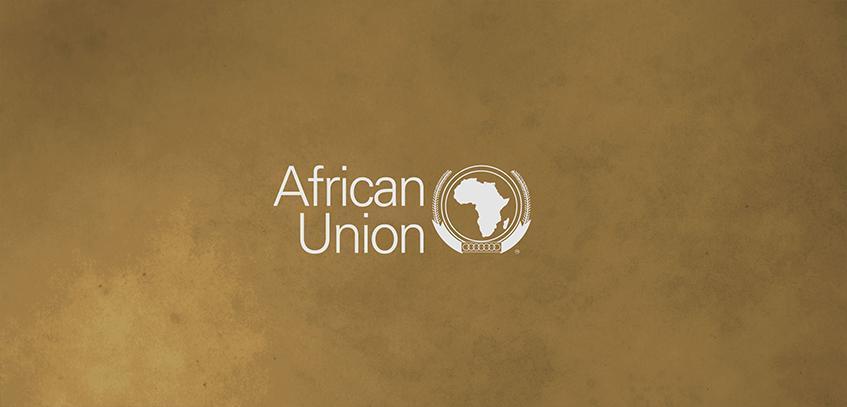Department Resources
The electricity sector in Africa still faces huge challenges that include low capacity factors and reserve margins, high transmission and
The significance of an integrated energy market has been highlighted by the World Energy Council (2005), which indicated that the traditi
The African Union Commission (AUC) envisions “an integrated continent that is politically united based on the ideals of Pan Africanism an
Highlights of the cooperation with the GIZ-project “Support to the African Union on Migration and Displacement”
Violent extremism is a global issue.
Agenda 2063 is Africa’s development blueprint to achieve inclusive and sustainable socio-economic development over a 50-year period.
Supply Chain Management Division Operations Support Services Directorate
Addis Ababa, Ethiopia




